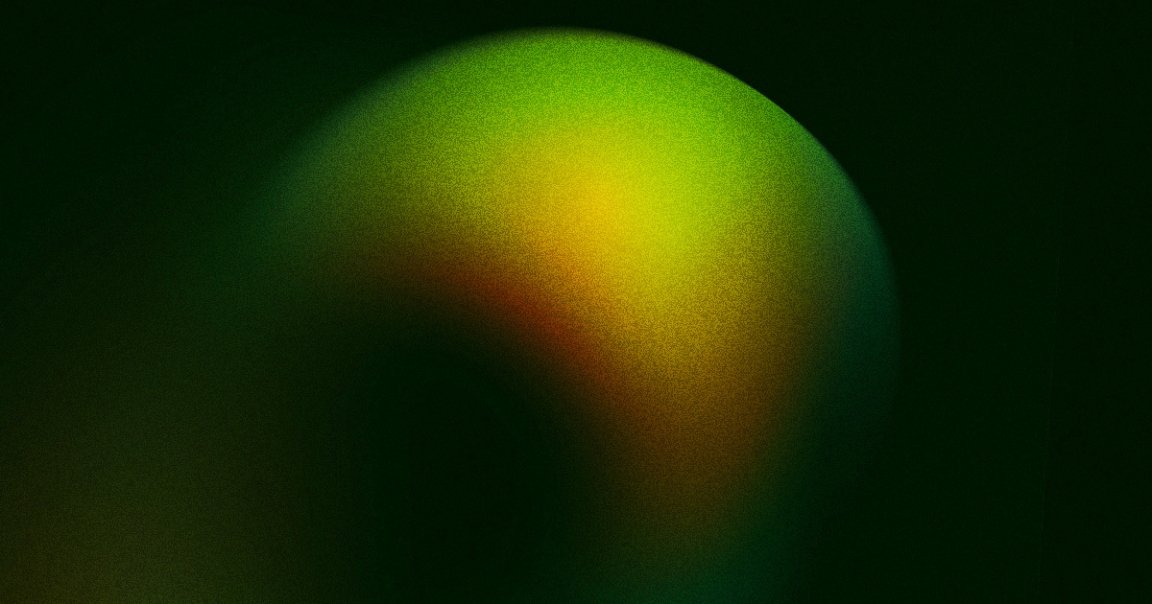
Goodnight, Sweet Prince
The European Space Agency’s Euclid space telescope has revealed some of the saddest parts of our predominantly dark universe.
As the agency explains in a press release, its dark matter-hunting deep space telescope has found seven new “rogue” planets that exist without stars to orbit or keep them warm.
Along with its quest to figure out what the heck dark matter and dark energy really are, one of Euclid’s biggest objectives was to find new free-floating planets, which as some scientists have posited may be more populous among the cosmos than stars, outnumbering them 20 to one.
As such, these forgotten worlds have generally evaded telescopes because there’s no stellar light shining upon them — making them some of the loneliest and unlikely places to look for life in the cosmos.
Trained Spotting
We don’t have direct observations of these rogue planets just yet, but using its cutting-edge instruments, Euclid found seven more of these strange worlds than anyone knew existed before last week.
“We’ve all grown up with the Sun in the sky, and so to think of a planet just drifting throughout space with no star on their horizon is fascinating,” marveled Gavin Coleman, a Queen Mary University of London astronomer who spoke to AFP about the new ESA finding.
Though not involved with the research, Coleman explained that unless these rogue planets have some sort of internal energy that we don’t understand yet, it’s unlikely life could exist on any of them.
These impressive findings come less than a year after Euclid was launched and roughly six months after it released its first full-color images of our glittering, mysterious Universe.
Carole Mundell, ESA’s director of science, remarked in the agency’s press release that as incredible as that first image drop was, “the second batch is no different.”
“It’s no exaggeration to say that the results we’re seeing from Euclid are unprecedented,” Mundell enthused.
More on space telescopes: James Webb Just Observed the Universe’s Youngest Galaxies Being Born